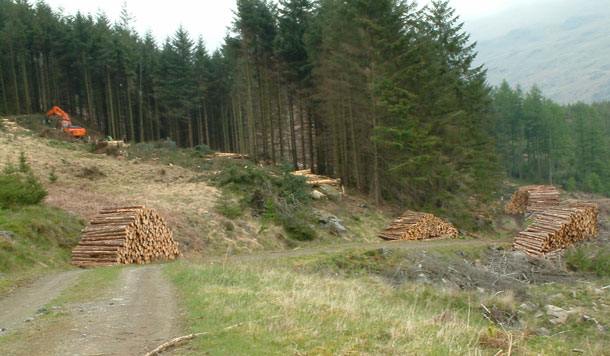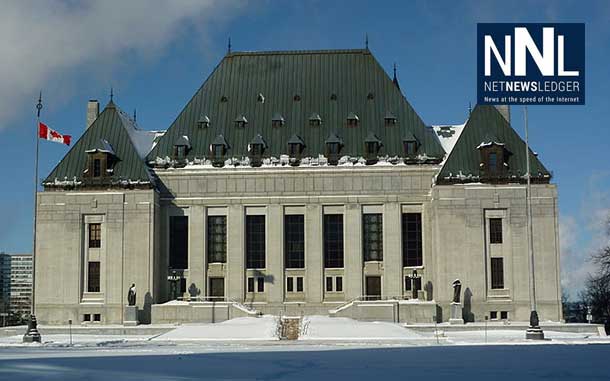
OTTAWA – The Supreme Court of Canada has dismissed the appeal before it on the Grassy Narrows case. In the ruling, the Chief Justice writes, “I have concluded that Ontario has the power to take up lands in the Keewatin area under Treaty 3, without federal approval or supervision. Provided it does so in a manner that respects the requirements set out in Mikisew, doing this does not breach Treaty 3 harvesting rights”.
“If Ontario’s taking up of Keewatin lands amounts to an infringement of the treaty, the Sparrow/Badger analysis under s. 35 of the Constitution Act, 1982 will determine whether the infringement is justified (R. v. Sparrow, [1990] 1 S.C.R. 1075; R. v. Badger, [1996] 1 S.C.R. 771). The doctrine of interjurisdictional immunity does not preclude the Province from justifiably infringing treaty rights (Tsilhqot’in Nation v. British Columbia, 2014 SCC 44). While it is unnecessary to consider this issue, this Court’s decision in Tsilhqot’in Nation is a full answer”.
The Supreme Court of Canada has supported the right of the Government of Ontario to grant forestry licenses. The decision comes after a challenge from Anishinabek people to licenses Ontario had granted to a predecessor of Resolute Forest Products Inc .
Complete text of Judgement: Supreme Court







